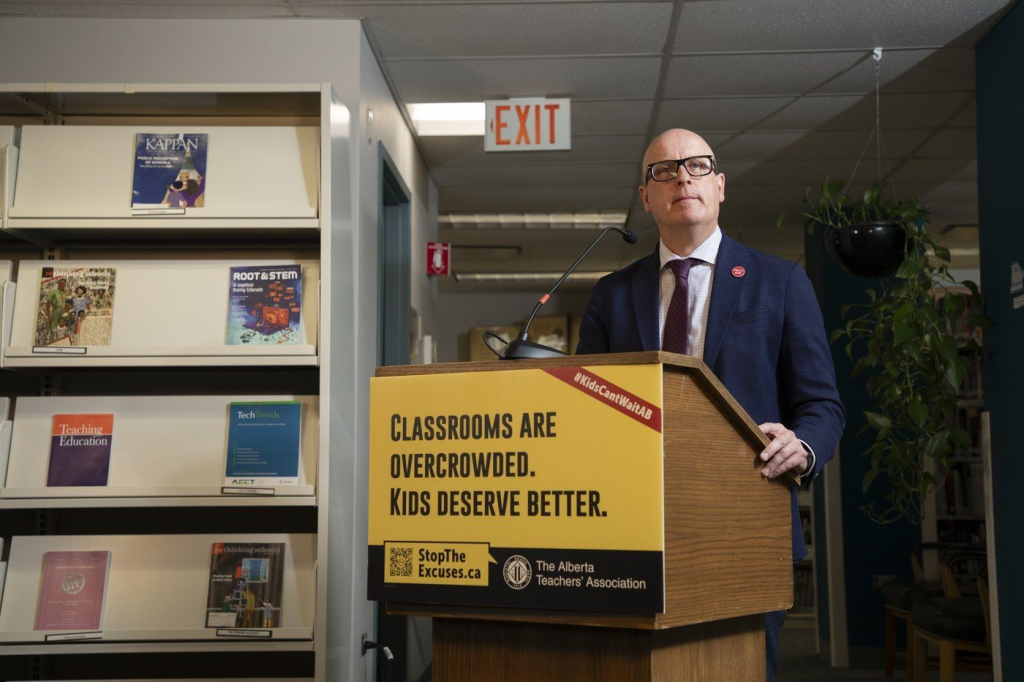China responds to Canada’s diplomatic boycott of Olympics
Posted December 8, 2021 11:18 am.
Last Updated December 9, 2021 5:31 am.
Canadian government officials will not be attending the Beijing Olympics in protest of “repeated human rights violations” committed by China.
Prime Minister Justin Trudeau announced the diplomatic boycott on Wednesday, saying his government is “extremely concerned” by the perceived violations by the Chinese government.
“We have been very clear over the past many years of our deep concerns around human rights violations and this is a continuation of us expressing our deep concerns.”
BREAKING: Canada will join allies in a diplomatic boycott of the Beijing Olympics #cdnpoli pic.twitter.com/P41TAIUtHO
— Cormac Mac Sweeney (@cmaconthehill) December 8, 2021
The perceived violations against the Chinese government include the attempted genocide of Uyghur Muslims and the arbitrary detention of the two Michaels, who were released in September after close to three years in Chinese jail cells.
“Concerns around arbitrary detention are real and are shared by many dozens of countries,” said Trudeau. “We will continue to stand very, very clearly as a world against coercive diplomacy.”
Canadian athletes will still be able to attend and compete at the Winter Games.
“Our athletes have been training for years and are looking forward to compete at the highest level against athletes from around the world,” said Trudeau. “They will continue to have all of our fullest support.”
Foreign Affairs Minister Melanie Joly says the federal government will work with the RCMP to ensure Canadian athletes have protective services. Joly says the RCMP has worked with the Olympic committee in the past in a similar fashion.
The Chinese Embassy responded to Canada’s decision by saying Trudeau’s claims of human rights violations by the Chinese government are false.
It says Canada is in no position to criticize China’s human rights record and isn’t qualified to be “a human rights preacher.” It says China’s human rights situation is at its historical best and Canada, by contrast, has committed heinous crimes against Indigenous people.
RELATED: EXPLAINER: Why does Beijing have the Olympics again?
The Canadian Olympic and Paralympic Committees released a statement saying they respect the decision by the Trudeau government and feel it makes an “important disctinction” between diplomatic boycotts and athlete boycotts. The Committee says the participation of Canadian athletes will be an opportunity to draw more attention to the issues in China.
“History has shown that athlete boycotts only hurt athletes without creating meaningful change,” reads the statement.
Canada only sent one person as part of the diplomatic delegation to the Tokyo Olympics this past summer, though the Games took place during a surge in COVID-19 infections in Japan.
The decision from the federal government to boycott the Games came amid growing pressure for Canada to follow the lead of the U.S. and other allies who also announced they would not be sending any officials to the Olympics.
“We know that on issues like this it is important to make sure that we are working with our allies and aligning with our allies,” said Trudeau, speaking to reporters on Wednesday morning.
On Tuesday, Trudeau suggested it could be weeks before a decision was announced, but since then the U.K., Australia and Lithuania all announced they would bar government officials from attending the games in February. Athletes from each nation will also still be competing at the Games.
Both the NDP and Conservatives called on the Trudeau government to follow suit this week.
China has struck a threatening tone in response to the boycotts, promising “countermeasures” and saying the U.S. will pay a price for their decision. There has been no indication from Chinese officials as to what a response would look like.
The boycott “seriously violates the principle of political neutrality of sports established by the Olympic Charter and runs counter to the Olympic motto ‘more united,’” said China Foreign Ministry spokesperson Zhao Lijian.
The Winter Games are set to begin on Feb. 4.
With files from the Canadian Press and CityNews reporter Cormac Mac Sweeney








